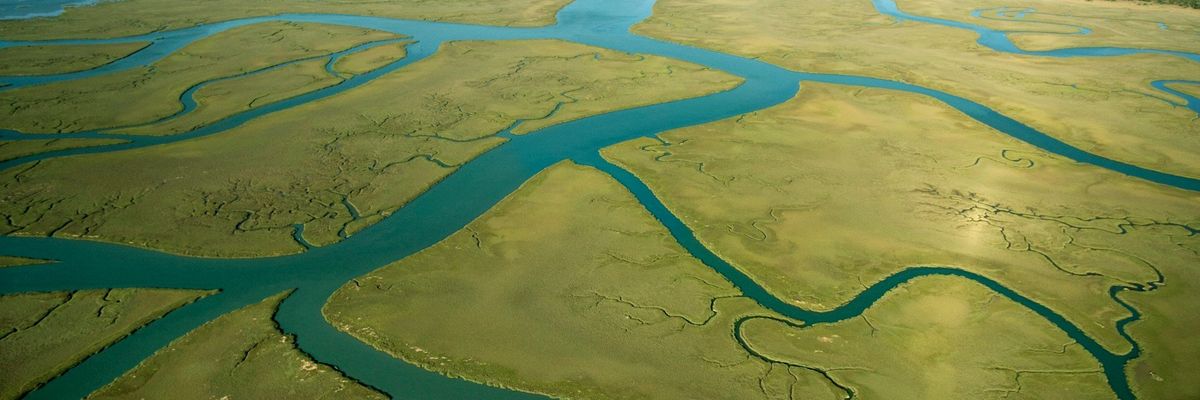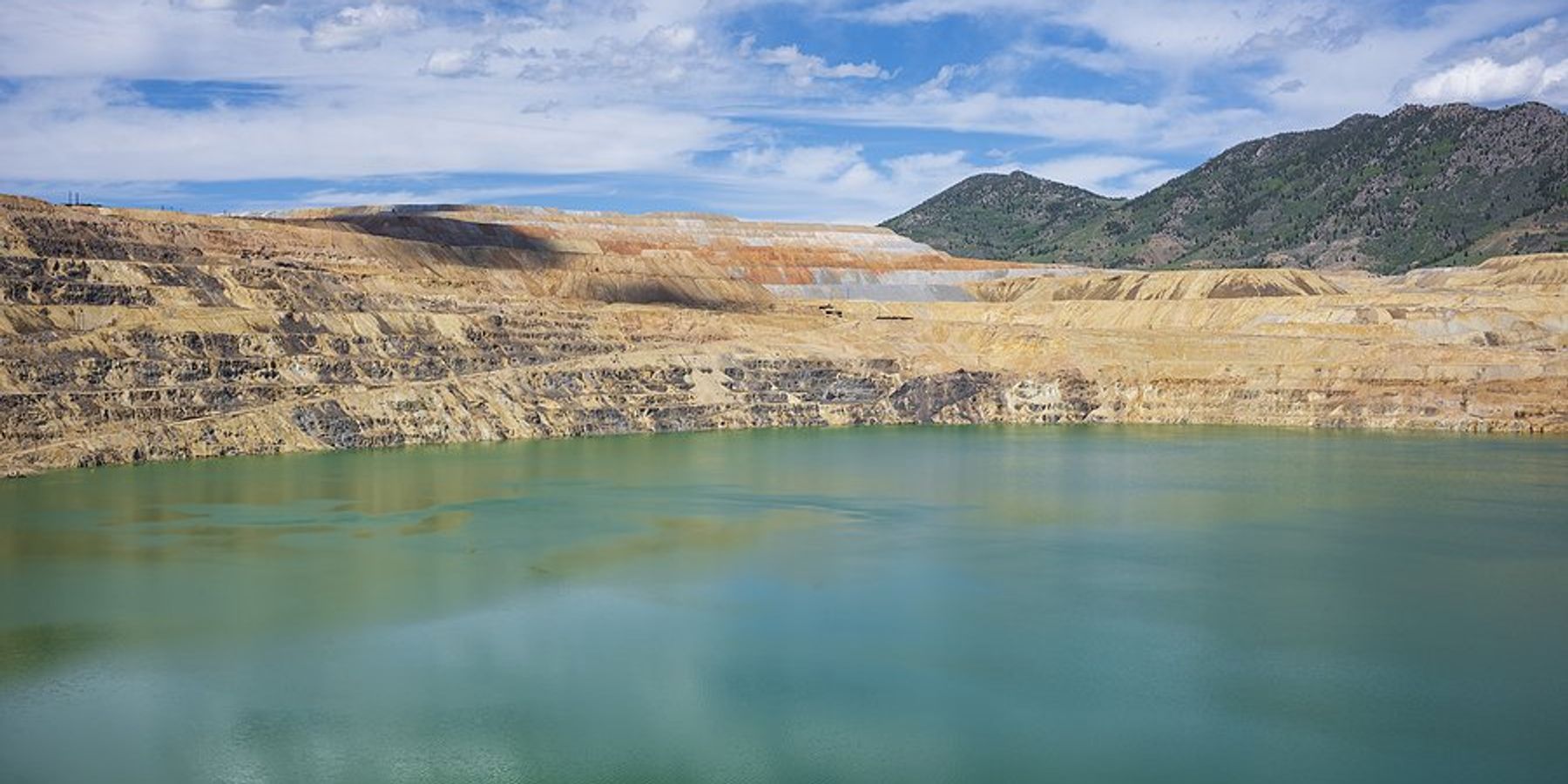republican
Republicans struggle to reconcile climate law with party’s energy goals
As Republican leaders prepare for a potential "red wave" in November, they face growing tensions between opposing the Inflation Reduction Act and supporting tax credits for clean energy that benefit their communities.
In short:
- Republican lawmakers are divided over whether to repeal or preserve parts of the Democrats' 2022 climate law.
- A group of 18 House Republicans urged leadership to keep clean energy tax credits, highlighting local economic benefits.
- Conservative voices within the party criticize these Republicans, citing hypocrisy for now defending the law they previously opposed.
Key quote:
“In April 2023, every GOP Rep. that signed this letter voted to REPEAL the IRA’s ‘climate’ subsidies. Now, [they] want to preserve so-called ‘green’ handouts to Democrats’ corporate cronies.”
— Texas Representative Chip Roy
Why this matters:
The Republican Party's internal conflict on climate policy reflects broader tensions between economic benefits and ideological opposition to climate science. This debate could shape future U.S. energy policy, especially if Republicans gain control of Congress.
Related EHN coverage:
Top Mississippi Republicans support new EV battery plant despite Trump’s criticism
Mississippi’s leading Republicans celebrated the groundbreaking of a $1.9 billion electric vehicle battery plant, creating 2,000 high-paying jobs, while former President Trump criticized such green jobs as benefiting China.
In short:
- Gov. Tate Reeves and Sen. Cindy Hyde-Smith celebrated the new electric vehicle battery plant in Marshall County.
- The plant, funded by the Inflation Reduction Act, contradicts Trump's stance against green jobs.
- Hyde-Smith opposed the Act but supports the plant, which receives $350 million in state incentives.
Key quote:
"Today we broke ground on a project of record proportions — the single largest payroll commitment in Mississippi’s entire history, and the third largest economic development project in Mississippi’s entire history."
— Tate Reeves, Governor of Mississippi
Why this matters:
This plant represents a significant economic boost for Mississippi, highlighting the complex political landscape where local benefits clash with national partisan positions. Former President Donald Trump criticized the move, arguing that such green jobs ultimately benefit China, given the global supply chain for key materials.
Trump's climate stance clashes with emerging Republican climate strategy
Despite former President Trump's denial of climate science, some Republicans are advocating for policies to address global warming.
In short:
- Trump's climate change denial contrasts with a growing number of Republicans supporting climate action.
- The Conservative Climate Caucus, representing over a third of House Republicans, is pushing for climate solutions.
- Trump's potential nomination could hinder Republican efforts to improve their party's image on climate issues.
Key quote:
“I don’t think it’s a surprise to anybody that charting the course as a Republican to talk about climate has never been easy.”
— Rep. John Curtis (R-Utah), the chair and founder of the 82-member Conservative Climate Caucus
Why this matters:
The internal conflict within the Republican Party over climate change highlights the political complexities of addressing a global crisis. It underscores the need for bipartisan cooperation to effectively tackle climate challenges.
The Republican who sees climate action as a winning issue
‘Drill, frack, burn coal’: Republicans echo Trump at presidential debate
Former President Donald Trump might not have been at Wednesday’s Republican presidential debate, but his energy policy and rejection of climate science took center stage.
Alarm at rightwing push to reverse clean-energy success in Texas and beyond
In the scramble before the end of Texas’s legislative session last week, a must-pass bill was amended to impose new costs upon renewable energy.
How Ron DeSantis shaped Florida’s environment
Ron DeSantis won his primary and the governorship, in part by riding the tide of environmentalism in Florida. But four years later and after officially launching a presidential bid, environmentalists and others offer praise and disappointment — sometimes simultaneously.









